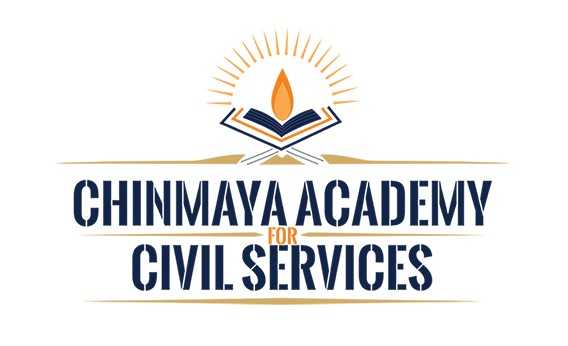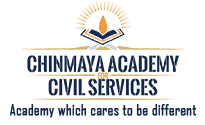Konkani Literature is an optional UPSC Civil Services Exam subject widely spoken in Goa, coastal Karnataka, and Maharashtra. As one of India’s 22 official languages recognized by the eighth schedule of the Constitution, it holds a rich history and literature.
Aspiring candidates should review the syllabus for the Konkani Literature option in the UPSC Mains exam, which is split into two papers: Paper-I and Paper-II. This subject is suitable for those with a formal education in Konkani or those who speak it as their native language. Prospective candidates are advised to familiarize themselves with the syllabus of the Konkani Literature option in the UPSC Mains exam to ensure a comprehensive preparation strategy.
It is also important to note that the Konkani Literature papers will be written in Konkani, emphasizing the importance of language proficiency for this optional subject. Aspirants can benefit from referring to the recommended UPSC Konkani Literature booklist for additional resources and guidance.
Additionally, they should consider their background in the language, including prior education or native fluency, when deciding whether to choose Konkani Literature as an optional subject. Among the 48 optional subjects in the UPSC Mains syllabus, Konkani Literature carries a total of 500 marks, divided between two papers worth 250 marks each. For further information on recommended books, see the linked article.
KONKANI
PAPER -I
(Answers must be written in Konkani)
Section A
History of the Konkani Language :
(i) Origin and development of the language and influences on it.
(ii) Major variants of Konkani and their linguistic features.
(iii) Grammatical and lexicographic work in Konkani, including a study of cases, adverbs, indeclinables and voices.
(iv) Old Standard Konkani, New Standard and Standardisation problems.
Section B
History of Konkani Literature
Candidates would be expected to be well-acquainted with Konkani literature and its social and cultural background and consider the problems and issues arising out of them.
(i) History of Konkani literature from its probable source to the present times, with emphasis on its major works, writers and movements.
(ii) Social and cultural background of the making of Konkani literature from time to time.
(iii) Indian and Western influences on Konkani literature, from the earliest to modern times.
(iv) Modern literary trends in the various genres and regions including a study of Konkani folklore.
PAPER-II
(Answers must be written in Konkani)
Textual Criticism of Konkani Literature
The paper will be designed to test the candidate’s critical and analytical abilities. Candidates would be expected to be well-acquainted with Konkani Literature and required to have first-hand reading of the following texts :
Section A : Prose
1. (a) Konkani Mansagangotri (excluding poetry) ed. by Prof : Olivinho Gomes.
(b) Old Konkani language and literature—the Portuguese Role
2. (a) Otmo Denvcharak—a novel by A. V. da Cruz.
(b) Vadoll ani Varem—a novel by Antonio Pereira.
(c) Devache Kurpen—a novel by V.J.P. Saldanha.
3. (a) Vajralikhani—Shenoy goem-bab-An anthologyed. by Shantaram Varde Valavalikar.
(b) Konkani Lalit Niband—Essays-ed. by Shyam Verenkar.
(c) Teen Dasakam—An anthology—ed. by Chandrakant Keni.
4. (a) Demand—Drama-by Pundalik Naik.
(b) Kadambini: A Miscellany of Modern Prose—ed.by Prof. O.J.F. Gomes and Smt. P.S. Tadkodkar.
(c) Ratha Tujeo Ghudieo—by Smt. Jayanti Naik.
Section B : Poetry
1. (a) Ev ani Mori : Poetry by Eduardo Bruno de Souza.
(b) Abravanchem Yadnyadan—by Luis Mascarenhas.
2. (a) Godde Ramayan—ed. by R.K. Rao.
(b) Ratnahar I and II—collection of poems—ed. R. V. Pandit.
3. (a) Zayo Zuyo—poems- Manohar L. Sardessai.
(b) Kanadi Mati Konkani Kavi—Anthology of Poems—ed. Pratap Naik.
4. (a) Adrushatache Kalle—Poems by Pandurang Bhangui.
(b) Yaman—Poems by Madhav Borkar.


